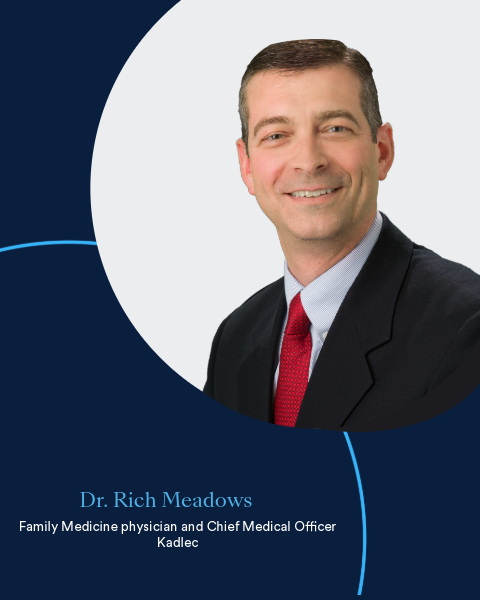
Find Primary Care Physician Jobs Near You
Primary Care Jobs
Find the right Primary Care job for you.
Are you seeking a fulfilling job in Primary Care? At Provider Solutions & Development, our recruiters can help you find the right job the first time.

PS&D provides the career resources that physicians, nurse practitioners and physician assistants need to find part-time and full-time Primary Care jobs. We recruit for roles in clinics, medical groups and hospital settings across the country.
Whether you are an experienced Primary Care provider or you are completing a residency program, our recruiters can help you reach your personal and professional goals.
Discover your next Primary Care job with us.
At Provider Solutions & Development, we make the job search easier.
Our recruiters take the time to get to know your professional skills, interests and lifestyle, so we can connect you with roles, facilities and locations that fit your personal and professional goals.
Whether you’re exploring new opportunities or aiming for a specific role, we’re here to help you move forward with clarity and confidence.
No openings here at the moment, but we have hundreds of other opportunities!
At Provider Solutions & Development, we make the job search easier.
Our recruiters take the time to get to know your professional skills, interests and lifestyle, so we can connect you with roles, facilities and locations that fit your personal and professional goals.
Whether you’re exploring new opportunities or aiming for a specific role, we’re here to help you move forward with clarity and confidence.
Primary Care Physician Job Forecast

The shortage of Primary Care physicians is a complex issue, but some of the main factors include:
- Primary Care providers leaving medicine: Many physicians are reaching retirement age and some are choosing to leave clinical medicine altogether, a trend that was accelerated during the pandemic.
- Rising demand for Primary Care: Approximately 6 in 10 adults live with one or more chronic conditions (like diabetes, heart disease and lung disease) that need to be managed by a physician. This has created a need for more Primary Care physicians and Advanced Practice Providers (APP).
The Primary Care provider shortage has hit rural areas particularly hard. One study found that although 20% of the U.S. population lives in rural areas, only 9% of the nation's physicians practice in these communities. Physicians willing to live and work in these locations not only gain a wealth of experience but also have the opportunity to make a profound difference in their communities.
No matter where you work, as a Primary Care provider, you have the opportunity to make meaningful connections and form life-long bonds with patients and families.
Primary Care Career Resources
We are here for you, from residency to retirement, offering guidance from our expert recruiters and key insights from our Journal articles. Below are just a few of these career resources — tailored for Primary Care providers. Explore all of our blog articles in our Journal.
Let's get in touch.

Provider Solutions & Development is a community of experts founded within the Providence health system. With exclusive access to hundreds of positions across the nation, we offer holistic career guidance and take the time to help you find where you’re meant to be at every step of your journey.


